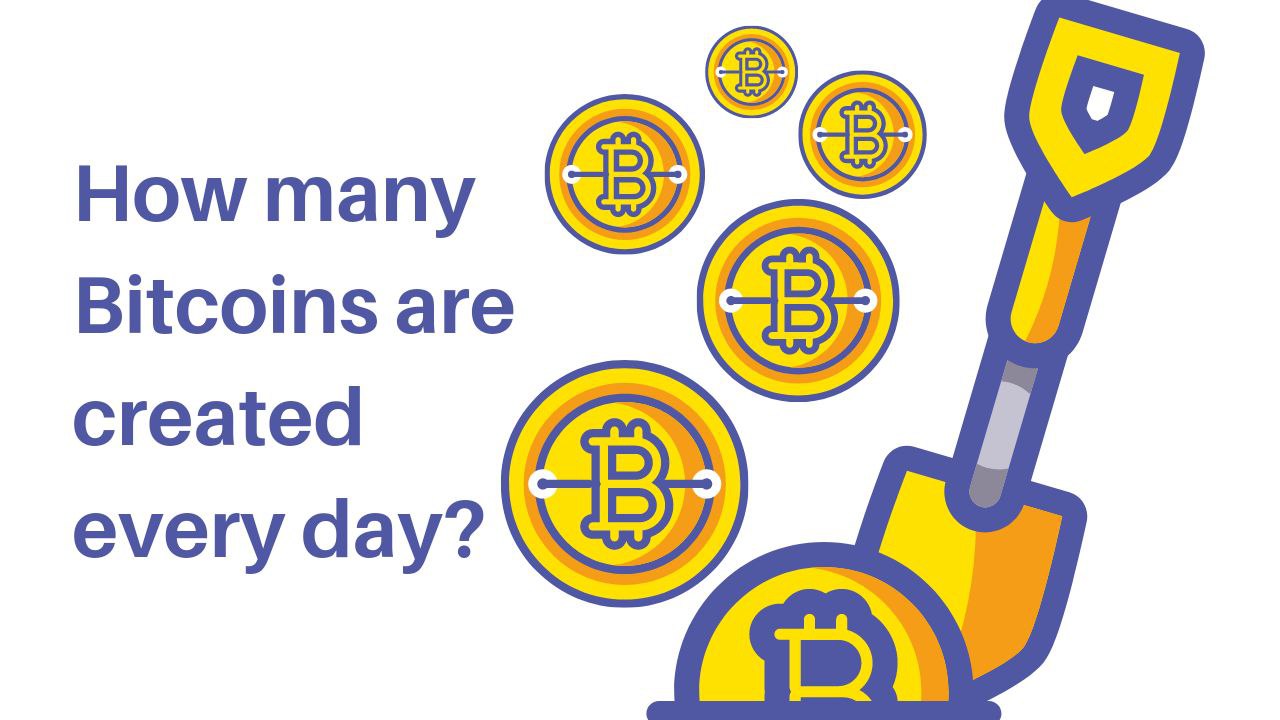Bitcoin was created by Satoshi Nakamoto in 2009. Bitcoin is an open-source decentralized cash system. It is permissionless and censorship-resistant which means anyone can use and transfer Bitcoin around the world without the need of middlemen like banks or financial institutions.
Bitcoin uses blockchain technology. Blockchain technology did not exist until Bitcoin was created in 2009. Bitcoin is a payment network that uses blockchain technology to transfer bitcoins on its network. Irrespective of the value of bitcoin, this Bitcoin network functions as it was programmed.
The total number of bitcoins ever to exist will be 21 million. At the time of writing this article, 18,984,118 bitcoins are in circulation.
How Are New Bitcoins Created?
New bitcoins are created in a process known as Bitcoin Mining. Bitcoin miners(computers that are connected to the Bitcoin network) solve complex cryptographic puzzles to create and add new blocks to the Bitcoin blockchain. Miners also secure the network by doing this. Miners are rewarded in bitcoins for creating new blocks and it is called the Block Reward.
On January 3, 2009, Satoshi Nakamoto launched the Bitcoin network and he was the only miner. The block reward was 50 bitcoins. Block reward halves for every 210,000 blocks created which is approximately every four years. This is also called Bitcoin Halving.
And according to the Bitcoin code, new Bitcoin blocks are every 10 minutes. So initially 50 new bitcoins were created every 10 minutes. Three Bitcoin halvings have occurred already.
The first bitcoin halving occurred at Block 210,000 on November 28, 2012. The block reward halved from 50 BTC to 25 BTC.
The second bitcoin halving occurred at Block 420,000 on July 09, 2016. The block reward halved from 25 BTC to 12.5 BTC.
And the third bitcoin halving occurred at Block 630,000 on May 12, 2020. The block reward halved from 12.5 BTC to 6.25 BTC.
Number of Bitcoins Created Everyday
The current block reward is 6.25 bitcoins and this block reward stays the same until the next bitcoin halving. Let's calculate how many new bitcoins are created every day.
A new block is created every ten minutes and 6.25 bitcoins are rewarded for every block. In a day we have 24 hours which is 1,440 minutes. So we have 144 ten-minute intervals, which gets us 144x6.25 = 900.
900 new bitcoins are created every day.At the time of writing, the block height was 727,459.
(210000x50)+(210000x25)+(210000x12.5)+(97459x6.25) = 18,984,118 bitcoin.
Till now, 18,984,118 bitcoins are mined.
The next bitcoin halving will occur at block 840,000 which reduces the block reward from 6.25 BTC to 3.125 BTC. The process of Bitcoin halving will happen until the last Bitcoin is mined. The last Bitcoin will be mined in the year 2140.
What happens when all the bitcoins are mined?
There are 117 more years for all the bitcoins to be mined. When that happens the miners won't be getting block rewards for solving the cryptographic puzzles. And as the miners won't be able to afford their electricity costs the network security may decrease.
In addition to the block reward, every block carries a fee reward which is the sum of fees of all the transactions included in that block. The fee reward can incentivize miners to keep running their computers.
And another reason, this I have come up on my own. The bitcoin blockchain size is over 395 GB(as of writing this article). Miners need to contain this data on their computers to verify the transactions. By the year 2140, the blockchain size is estimated to be over 8 TB.
Our smartphones can easily store over 1 TB of data. And at the pace at which we are advancing in data storage technologies, 8 TB can be easily stored in our smartphones and our smartphones will be capable of processing bitcoin transactions by then.
If Bitcoin is widely adopted around the world, a bitcoin node(miner) will run on every smartphone in the world and secure the bitcoin network against the 51% attacks from aliens.

Post a Comment